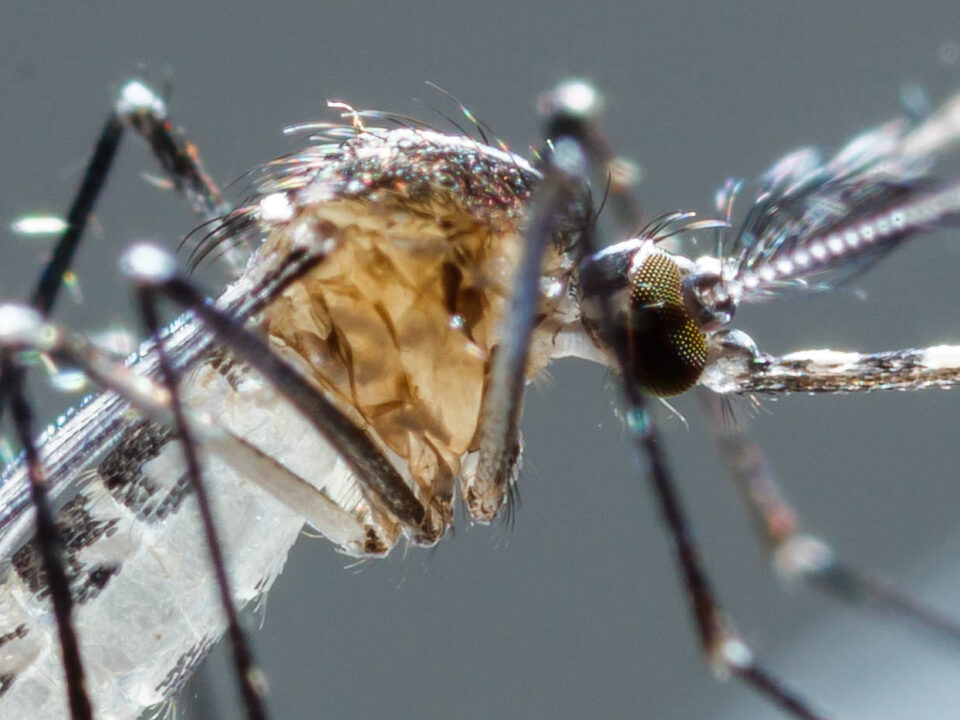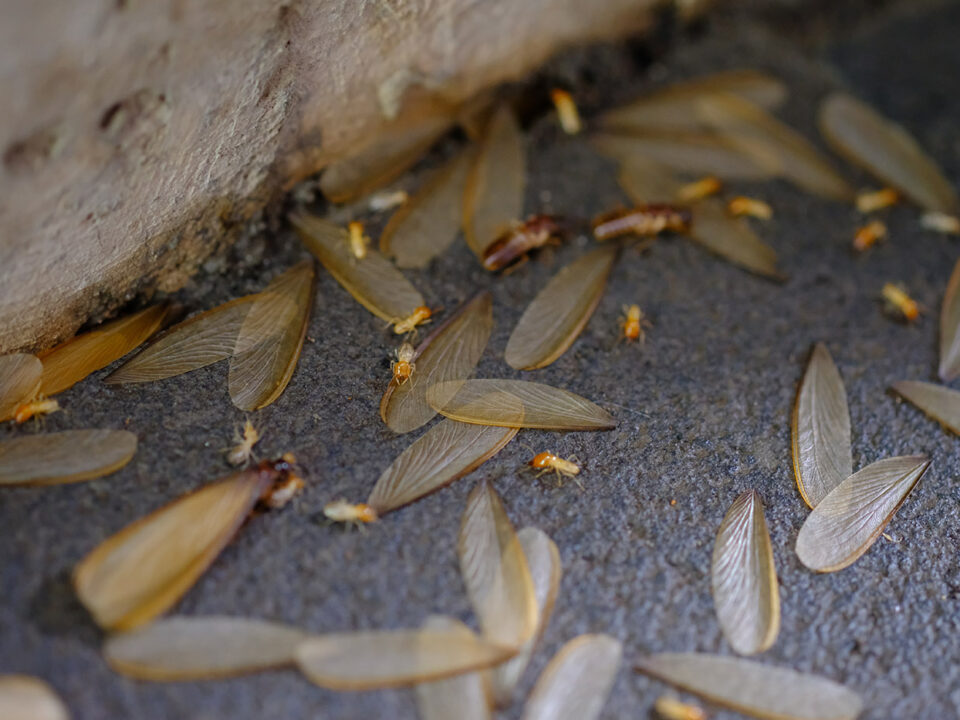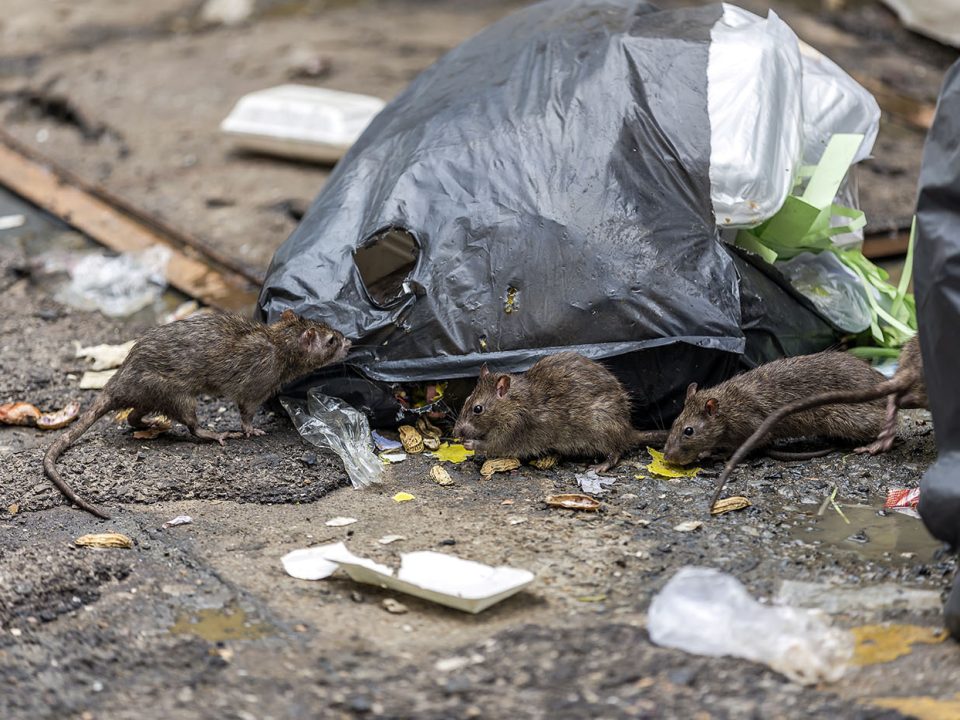Beyond the Nuisance: The Real Consequences of Urban Pests

Urban pests are animals or insects that live in cities and cause damage to people’s health and the environment. Common examples include rats, cockroaches, mosquitoes, pigeons, and ants. Although they are small, they can cause big problems.
How Do Pests Affect Our Health?
Some pests transmit dangerous diseases. Here are some examples:
- Rats: They can cause leptospirosis, a disease that originates from contact with the contaminated urine of these animals;
- Cockroaches: They live in sewers and carry bacteria and germs. They can also cause allergies and aggravate respiratory problems, such as asthma;
- Mosquitoes, such as Aedes aegypti, are responsible for diseases such as dengue, Zika, and chikungunya. They lay eggs in standing water, which is often found in bottles, tires, or vases left outdoors.
In addition, pests such as bedbugs and lice, even without transmitting serious diseases, cause a lot of itching, discomfort, and even sleep problems.
What about the environment? Does it also suffer from pests?
Yes! Pests also harm the urban environment.
For example:
- Pigeons: They dirty buildings with their feces, which can damage structures and spread disease;
- Rats: They gnaw on electrical wires, which can cause short circuits and even fires;
- Invasive ants: They disrupt the balance of local nature, competing with other species and affecting the ecosystem.
Another serious problem is the excessive use of poisons to try to eliminate these pests.
Many chemicals, such as pesticides, when used improperly, contaminate the soil and water, harming plants, animals, and even humans.
What Can We Do to Prevent Pests?
Pest control should start with simple, preventive measures:
- Avoid leaving standing water, especially in plant pots, bottles, and tires;
- Close trash cans tightly and keep your home clean, with no exposed food scraps;
- Cover drains and close holes where pests can enter;
- Avoid using poisons on your own. The ideal is to seek specialized help, always with environmental responsibility.
In addition, educational campaigns in schools and communities help raise awareness about the issue.
We all have an important role to play in prevention!
Grupo Extermínio® specializes in urban and agricultural pest control, focusing on preventive and corrective control of pests that affect our daily lives.
Our team is experienced and uses the latest technologies to perform analyses, monitoring, and apply the ideal solutions for each situation.
Working for the environment and public health since 1990.


